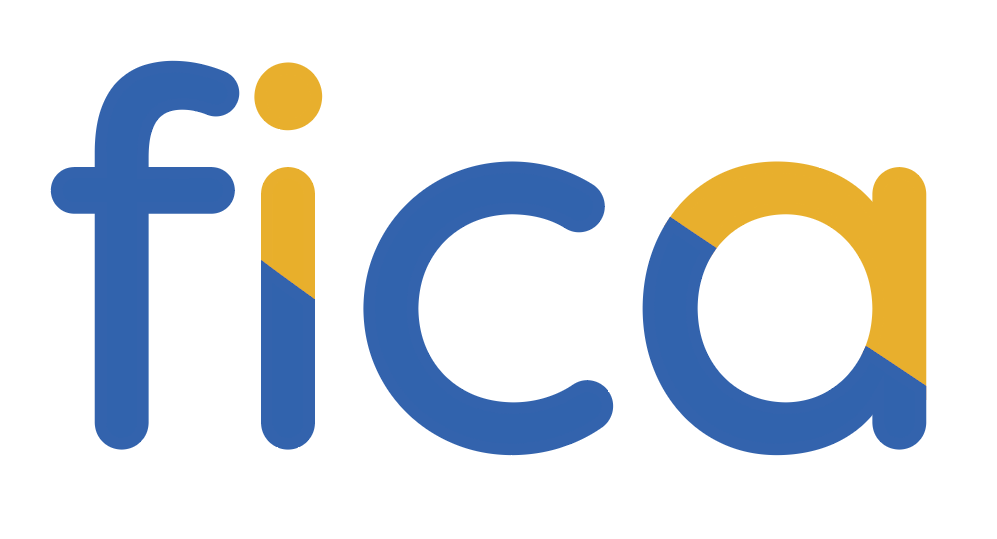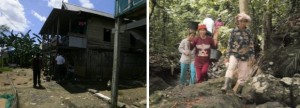In the late 2008, we conducted discovery trip to understand the characteristic of Indonesia’s middle class. This discovery trip was a follow up of OMC 15 that discussed the shrinking of life space and livelihood of Indonesians. We found that Indonesians middle class was characterized by their purchasing power and their strong supporter of the elite.
We also observed that the gap between the top 1% and the other 99% of the population was really wide. The average worker with college degree, which characterized the middle class, earned 1000 times less than the top 1% earners. The non-college degree professional, such as farmers and fishermen, earned more than half of those of middle class. This large gap made it very costly for the rich and powerful to share. The elites then tried to suppress the rights and space for the lower class by limiting the democratic process and access to information and services.
Poor villages and the people
Because of their strong loyalty to the elite and their limited power, the middle class was used to limit the access and participation of the lower class in public space. The elite were using the middle class to continue its exploitation of the lower class. For example, the bureaucrats were used to cover up the corruption by the political elites. The elite went into politics and created a seemingly pro-poor project, such as transportation, security, or administrative services. However, they made sure half of the project nominal went to the elite’s pocket. They used the bureaucrats to carry the corruption for a small fee. The bureaucrats had no choice beside to comply or faced immediate termination.
In a sense, the middle class had become a collection agent for the elite. Although the middle class somehow prevented the elite to extort money directly from the lower class, they prevented the democratization process or the transfer of power from the elite to the rest of population.
Another negative impact of the weak middle class was the radicalization of religious belief, in this case the push for the implementation of Shariah Islam. We found that part of the reason of the strong push of Shariah Islam was due to oppression of the public space of the lower class. With no hope for better future, the lower class had to turn to their inner belief for instilling the hope and spirit to life.
During the post DT gathering, we felt it was part of our calling to tilt the middle class toward the lower class. Without the middle class support, the elite did not have arms and legs to oppress the lower class. The elite would then have to give up their power, which would open the public space to the lower class.
We wanted to strengthen the middle class to support the poor and push the elite to give up some of their power. A good place to start was within our circle of influence, the ICF and FICA’s alumni. We believe that as Christian we could conquer materialism and despise injustice. We could serve God faithfully and not serve mammon. In reality, this is very difficult to do especially if we have to face the pressure from our parents and others to do well economically. ICF and FICA ministries become crucial in transforming worldview and providing the fellowship to strengthen and edify one another.
Secondly, we wanted to improve Indonesian economy so that the size of middle class would be larger. Some of us became involve in education and social businesses to address the issue. We also extended our focus outside the big cities where access and opportunities were plenty. Rural area was the next frontier since the size of middle class was extremely small and the people were generally very poor.
Through praying and thinking, God has shown us to focus on expanding public space and building the rural area of Indonesia. We are excited about God’s vision for us. We just have to make sure not to act like the ten Moses’ spies that lost faith in God upon seeing the giant enemies (the elite) and the fortified cities (the vast web of lies and deception in the system and culture). We have to teach ourselves to be like Caleb and Joshua. We have to lead the fight with confidence. We have to believe that God will deliver Indonesia for Himself through us His people.

